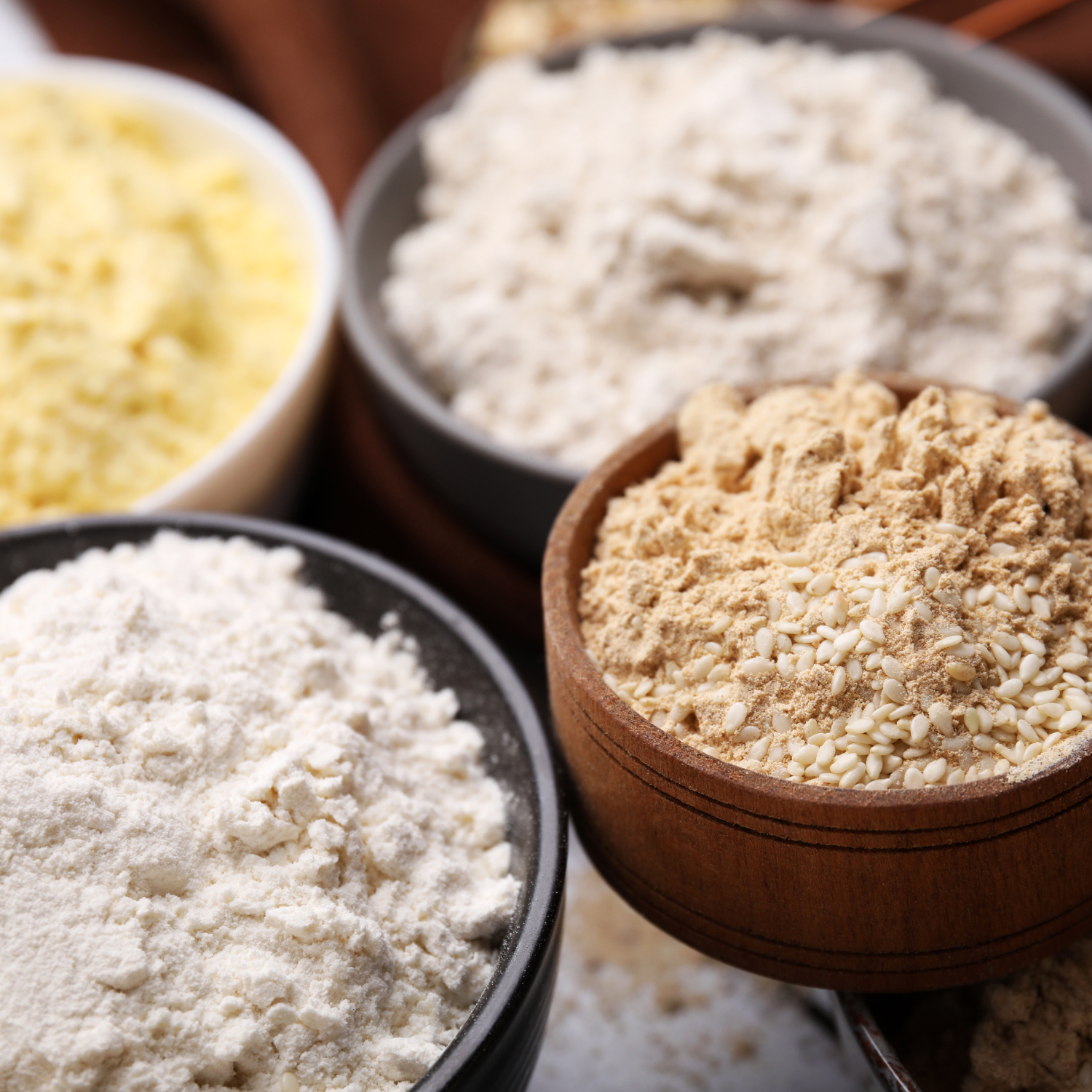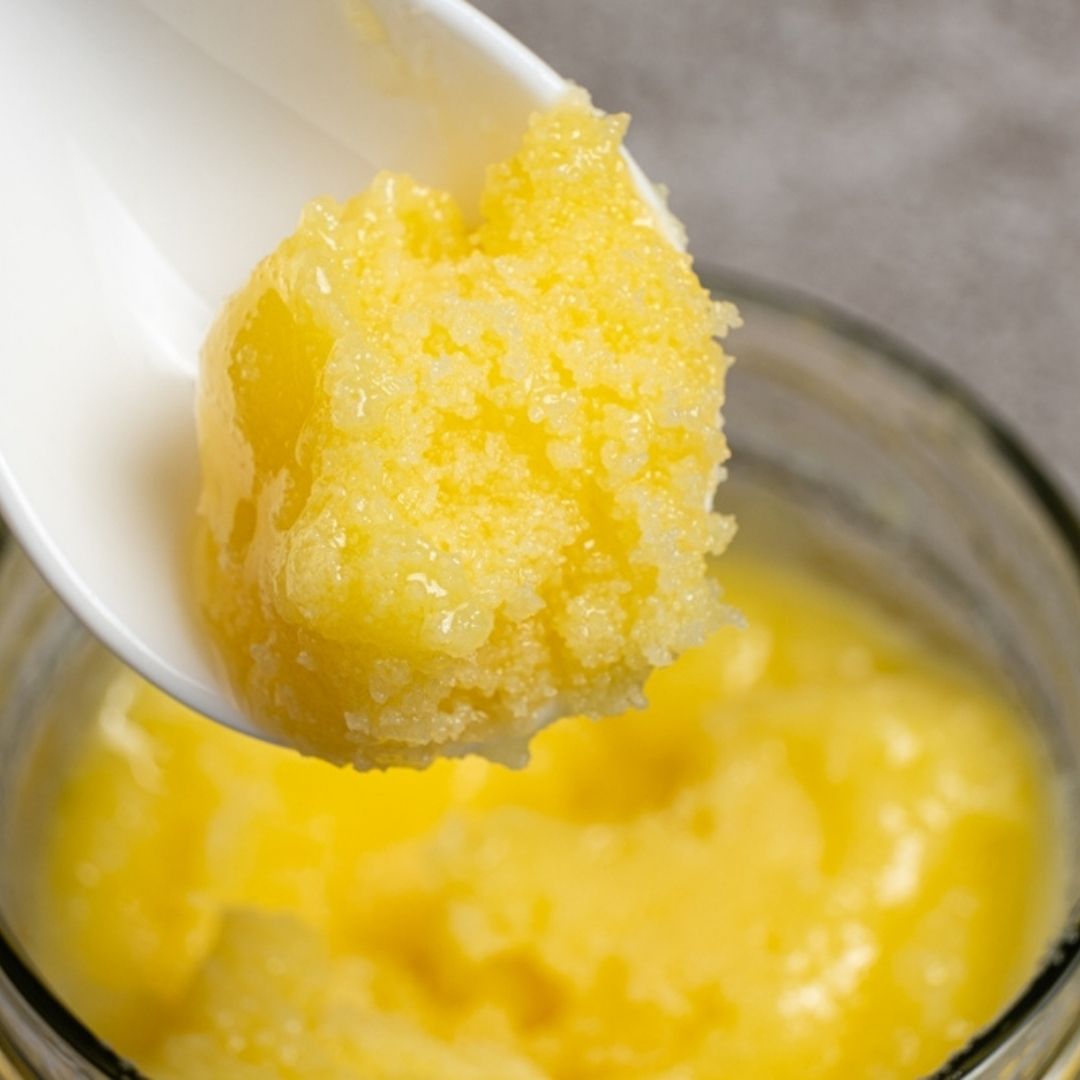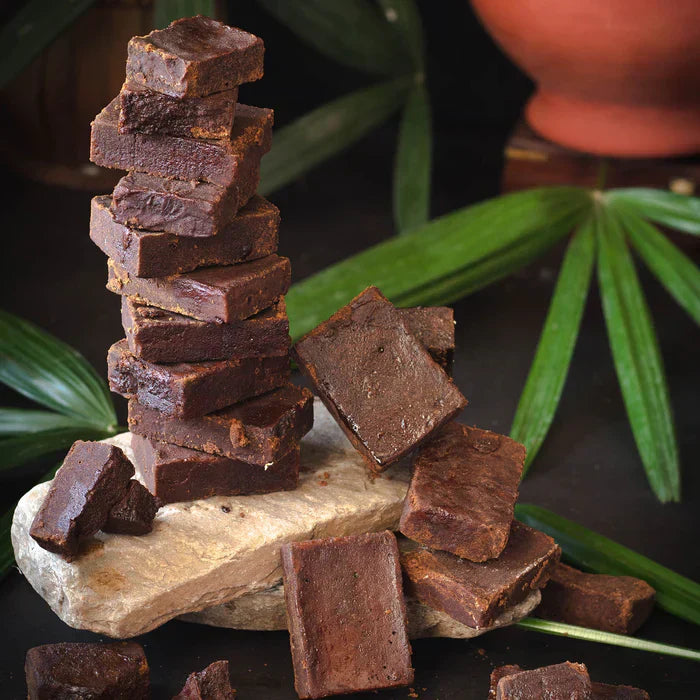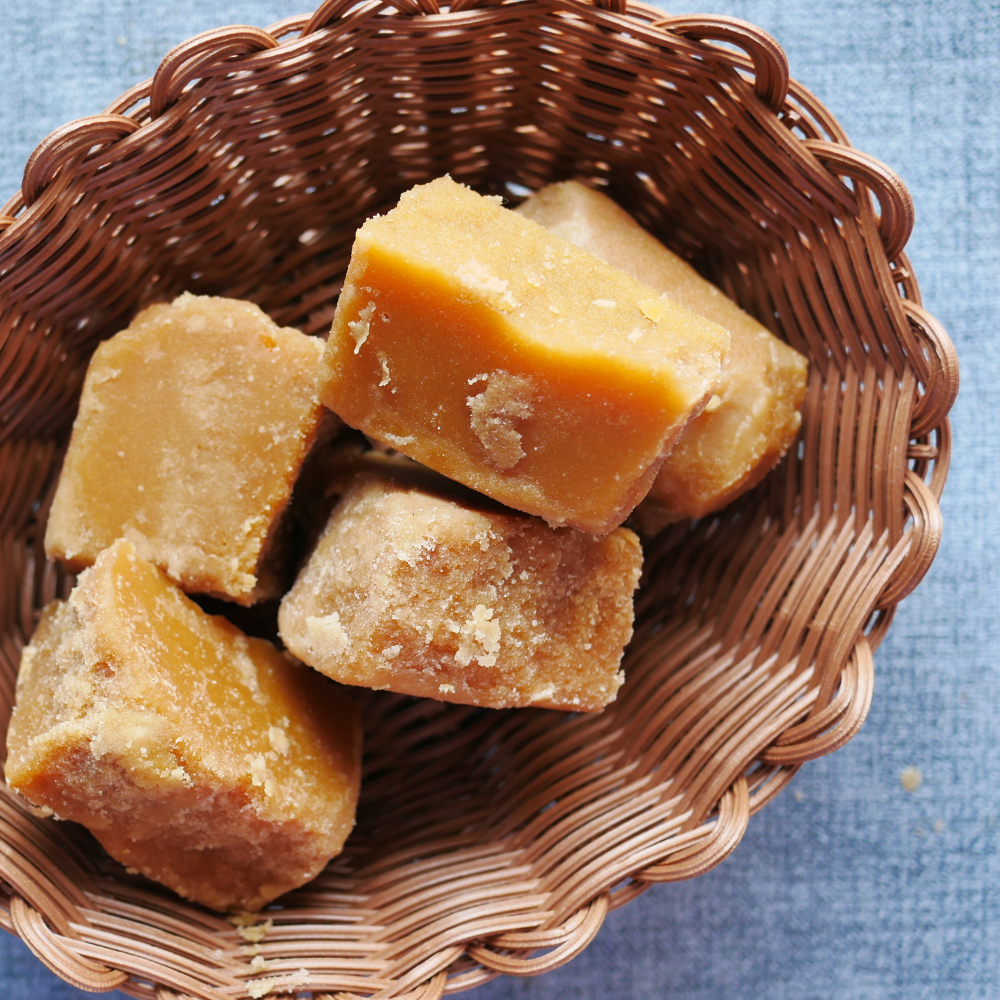Ghee has been a staple in traditional Indian cooking and Ayurvedic practices for centuries. But recently, Tulsi Ghee—a special blend of pure ghee infused with the medicinal herb Tulsi (also known as Holy Basil)—has emerged as a unique alternative to regular ghee. Many people wonder if Tulsi Ghee really offers unique benefits beyond those of traditional ghee. In this blog, we’ll explore the distinctions, health advantages, and uses of Tulsi Ghee in comparison to regular ghee, shedding light on why this herbal ghee could be a beneficial addition to your wellness routine.
What is Regular Ghee?
Ghee, or clarified butter, is made by heating butter to separate the milk solids and water, resulting in a rich, golden liquid that is lactose-free and full of essential fats and nutrients. Known for its high smoke point, Ayurvedic Ghee is revered for its nourishing properties. It's often used in cooking, especially in Indian cuisine, as it adds a rich flavor and depth to dishes.
Benefits of Regular Ghee
Regular ghee is rich in fat-soluble vitamins like A, D, E, and K, which support immunity, bone health, and skin rejuvenation. It contains butyrate, a short-chain fatty acid known to promote gut health by reducing inflammation and enhancing digestion. These qualities make it a popular choice in both culinary and medicinal practices, especially in Ayurveda, where ghee is used in various therapeutic treatments.
What is Tulsi Ghee?
Tulsi Ghee is a unique variant of regular ghee infused with Tulsi (Ocimum sanctum), an herb well-regarded in Ayurveda for its medicinal properties. Tulsi, or Holy Basil, is renowned for its anti-inflammatory, anti-bacterial, and adaptogenic qualities. Tulsi Infused Ghee combines the traditional benefits of ghee with the powerful therapeutic effects of Tulsi, making it a powerful addition to one’s daily wellness routine.
Pure Tulsi Ghee or Organic Tulsi Ghee is made by slow-infusing Tulsi leaves in pure ghee to extract its active compounds. The result is a herbal ghee that contains all the nutrients of regular ghee, complemented by Tulsi’s benefits for a more holistic approach to health.

Tulsi Ghee vs. Regular Ghee: Key Differences
1. Nutritional Composition
Regular ghee contains saturated fats and essential vitamins. However, Tulsi Ghee brings an added dimension to its nutritional profile due to the presence of Tulsi. This herb is rich in antioxidants, phytochemicals, and essential oils that contribute to better immunity and improved respiratory health. This unique blend helps Tulsi Ghee stand out as a nutrient-rich, medicinal alternative to traditional ghee.
2. Flavor and Aroma
Tulsi Ghee has a subtle, herbaceous flavor thanks to the infusion of Tulsi leaves. This flavor can enhance the taste of certain dishes, especially those inspired by Ayurvedic cooking. In contrast, regular ghee has a neutral, buttery taste that can complement various culinary applications without adding any herbal notes.
3. Ayurvedic Properties
In Ayurveda, Tulsi is known as the “Queen of Herbs” for its adaptogenic properties—helping the body adapt to stress and promoting overall wellness. When combined with ghee, Tulsi’s properties are believed to be enhanced, making Ayurvedic Tulsi Ghee a powerful health elixir. Regular ghee is also used in Ayurvedic medicine, but Tulsi Ghee offers more targeted benefits, particularly for boosting immunity, respiratory health, and managing stress.
4. Health Benefits
- a) Immunity Boost
Regular ghee supports the immune system due to its essential fatty acids and vitamin content. However, Tulsi Ghee takes immunity support a step further with the potent anti-inflammatory and antibacterial effects of Tulsi. Studies have shown that Tulsi can increase the body’s resilience against infections, making Tulsi Ghee an ideal choice for those looking to strengthen their immune response.
- b) Digestive Health
Both types of ghee aid in digestion, but Tulsi Ghee is especially beneficial for reducing bloating, acidity, and digestive discomfort. Tulsi has carminative properties that help soothe the stomach and support healthy digestion.
- c) Mental Clarity and Stress Relief
Tulsi is revered in Ayurveda for its adaptogenic qualities, which help in stress management and improving focus. This makes Ghee with Tulsi an excellent choice for those looking to enhance mental clarity and reduce stress. Regular ghee can also support mental wellness, but the added adaptogenic effects of Tulsi make Tulsi Ghee a more powerful option.
- d) Respiratory Support
Tulsi is often used to alleviate respiratory issues such as congestion and allergies. When combined with ghee, which acts as a carrier, Tulsi's respiratory benefits are delivered more effectively to the body. This makes Tulsi Infused Ghee ideal for people prone to seasonal allergies or those seeking additional support for respiratory wellness.
How to Use Tulsi Ghee and Regular Ghee
Both types of ghee are versatile and can be used in cooking, baking, or even as a topical treatment. Here are some popular ways to incorporate each type:
Tulsi Ghee Uses
- Cooking: Adds a herbal flavor to soups, curries, and stews.
- Morning Ritual: Take a spoonful on an empty stomach to benefit from its immunity-boosting properties.
- Topical Application: Use as a balm for respiratory health or skin rejuvenation.
Regular Ghee Uses
- Cooking and Baking: Ideal for high-heat cooking and adds a rich taste to foods.
- Ayurvedic Practices: Used in Panchakarma therapy for cleansing.
- Skincare: Regular ghee is a great moisturizer for dry skin.
Product Recommendation: Pure Tulsi Ghee by Two Brothers Organic Farms
To experience the benefits of Organic Tulsi Ghee, consider Tulsi Ghee by Two Brothers Organic Farms. This Ayurvedic Tulsi Ghee is crafted with organic ingredients and follows traditional Ayurvedic practices, ensuring a pure and high-quality product. Incorporating this ghee into your daily routine can support overall wellness, respiratory health, and stress relief.
FAQs About Tulsi Ghee and Regular Ghee
- Is Tulsi Ghee suitable for everyone?
Yes, Tulsi Ghee is generally suitable for most people. However, those with allergies to dairy or certain herbs should consult with a healthcare provider before use.
- How does Tulsi Ghee help in boosting immunity?
Tulsi is known for its antibacterial, antiviral, and anti-inflammatory properties. When combined with ghee, it helps strengthen the immune system and provides protection against common infections.
- Can I cook with Tulsi Ghee the same way I do with regular ghee?
Yes, Tulsi Ghee can be used in cooking, though its herbal flavor may enhance specific dishes more than others. It’s perfect for Ayurvedic-inspired meals or recipes that benefit from a slight herbal taste.
- How often should I consume Tulsi Ghee for health benefits?
One teaspoon of Tulsi Ghee daily, ideally on an empty stomach, is recommended for general wellness. You can adjust this based on your health goals.
- Is Tulsi Ghee better than regular ghee for stress relief?
Yes, Tulsi’s adaptogenic qualities make it more effective in helping manage stress, compared to regular ghee alone.
Conclusion
Both Tulsi Ghee and regular ghee offer unique health benefits, but Tulsi Ghee stands out for its additional medicinal properties, especially in supporting immunity, respiratory health, and stress management. For those looking to take their wellness journey a step further, incorporating Tulsi Infused Ghee into their daily routine may be a worthwhile choice.








